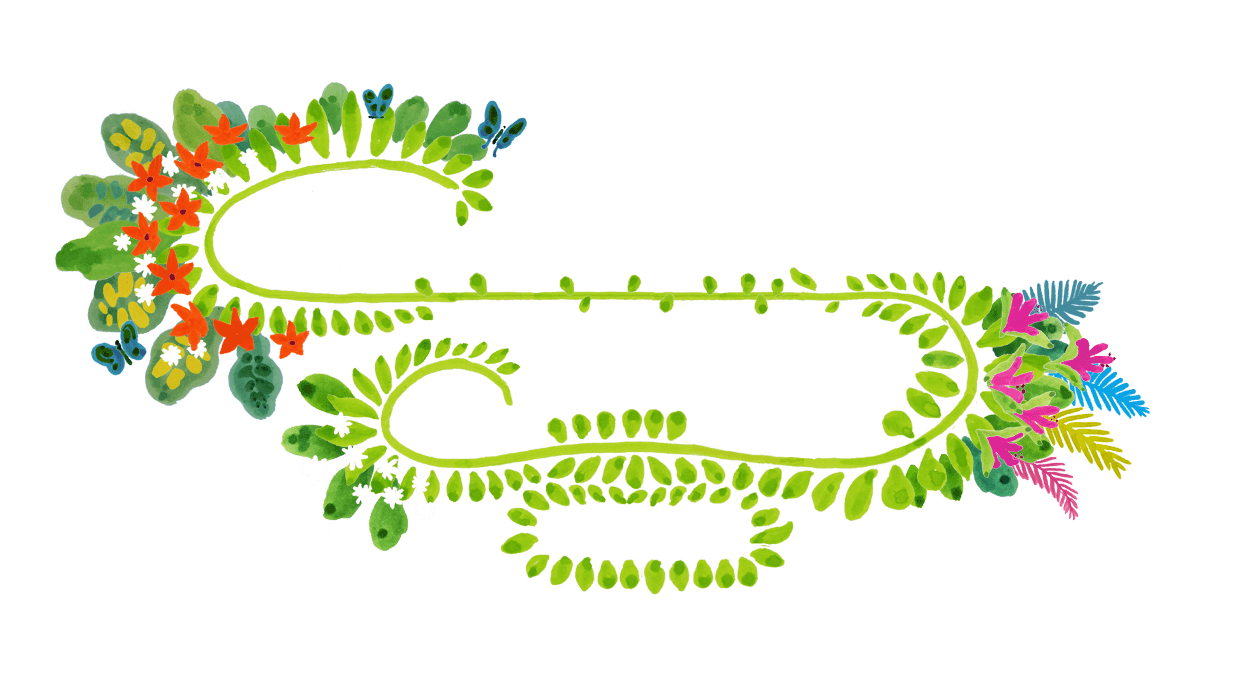
Rion des Landes, France
Rion Des Landes College
Cultivating greenery and tranquility for children in a treeless environment.
This college in Rion des Landes has many outdoor spaces but a real lack of trees. The entrance courtyard is exposed to full sun, and during the summer months the students have very few places to shelter during their break time nor do they have access to any significant greenery.
Using the Miyawaki method, we will plant 29 native species with the children, their teachers and families. The aim is to share environmental values and the skills of creating a forest. The college students will also be trained to maintain and monitor the forest, so it will make a contribution not simply their wellbeing but also their studies.
The Rion Des Landes College project will have a direct impact on the daily lives of the students, and we hope it will be a source of joy for the entire school community.
Forest Maker MiniBig Forest
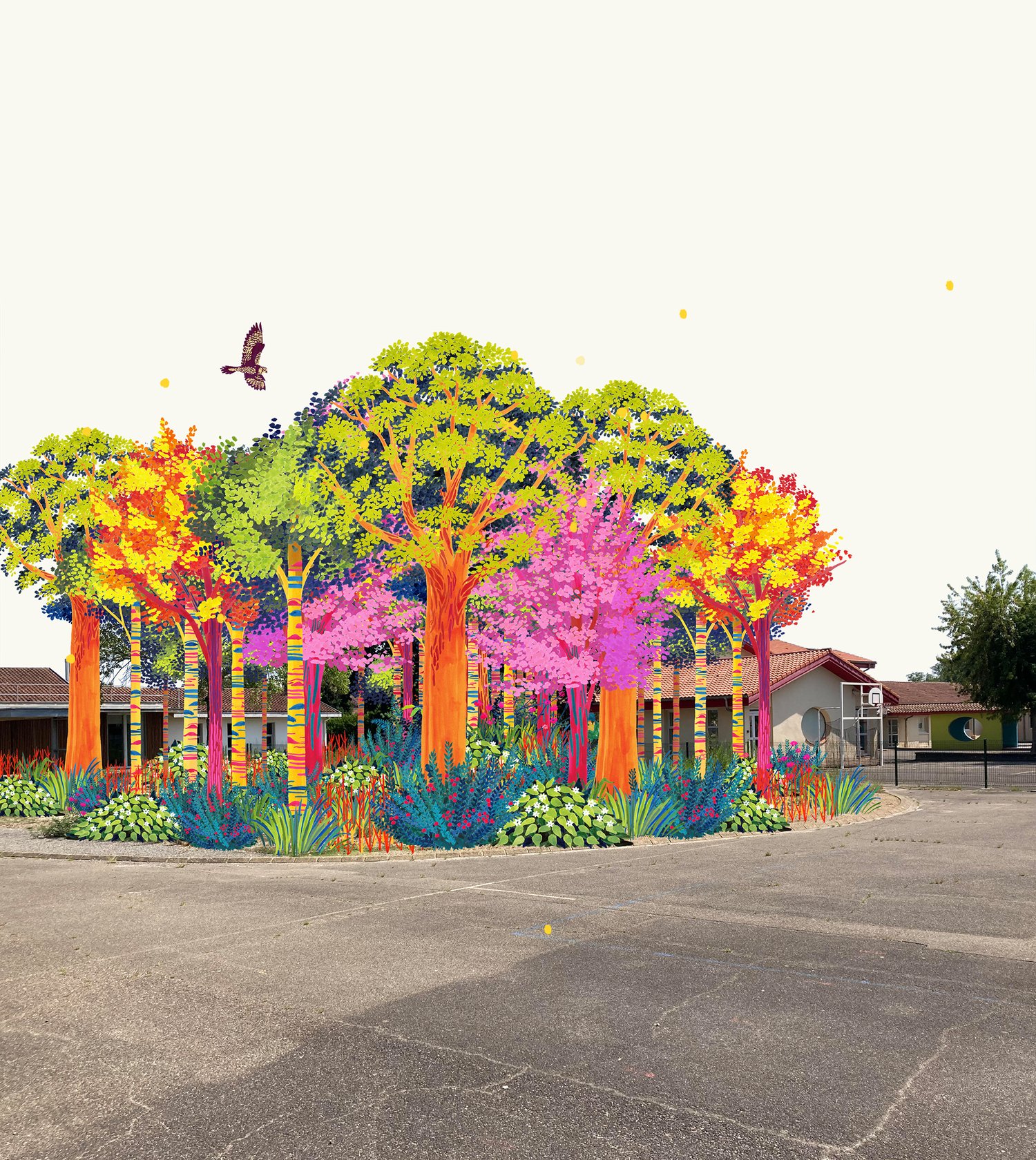
600
trees
200
square meters
29
Native Species
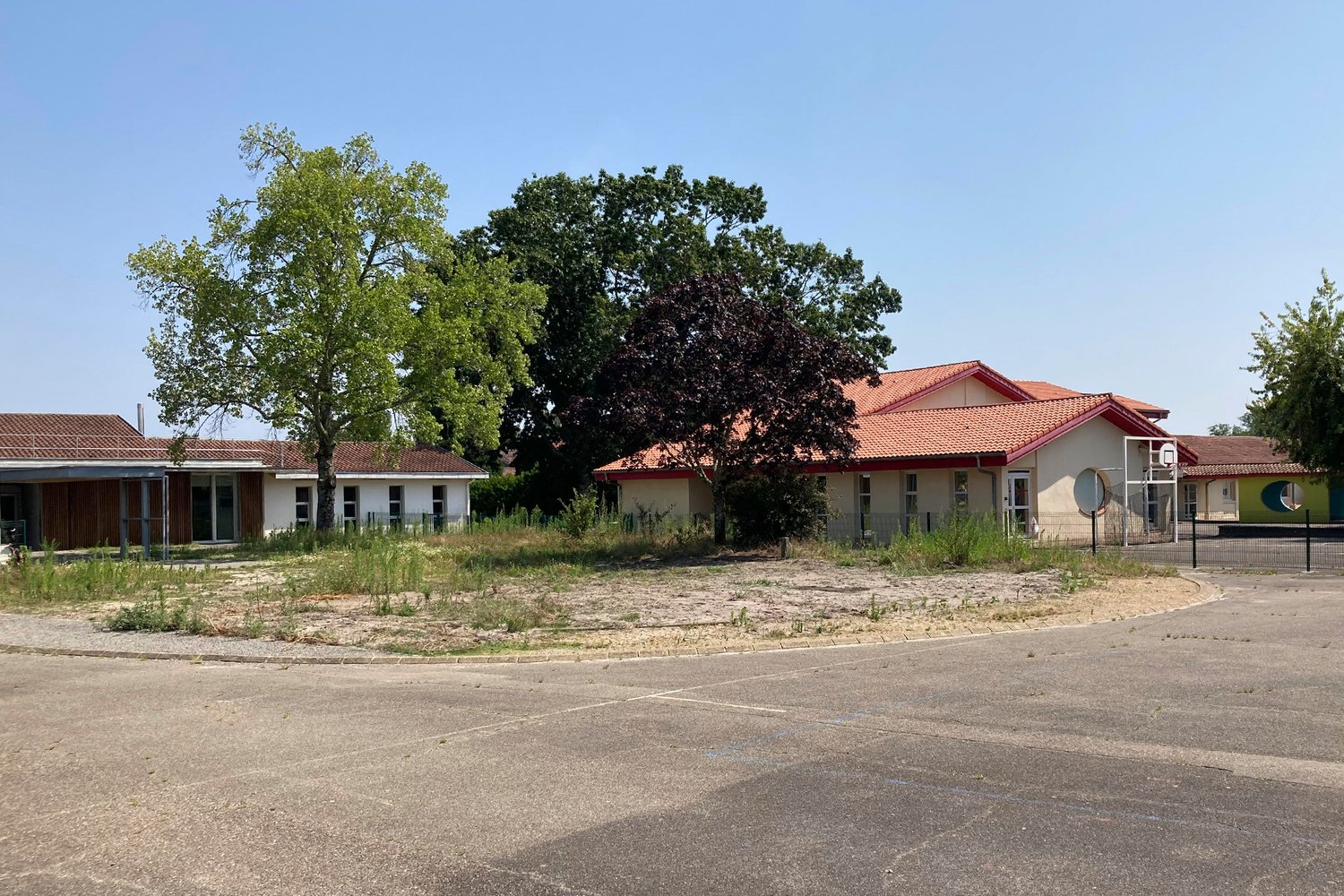
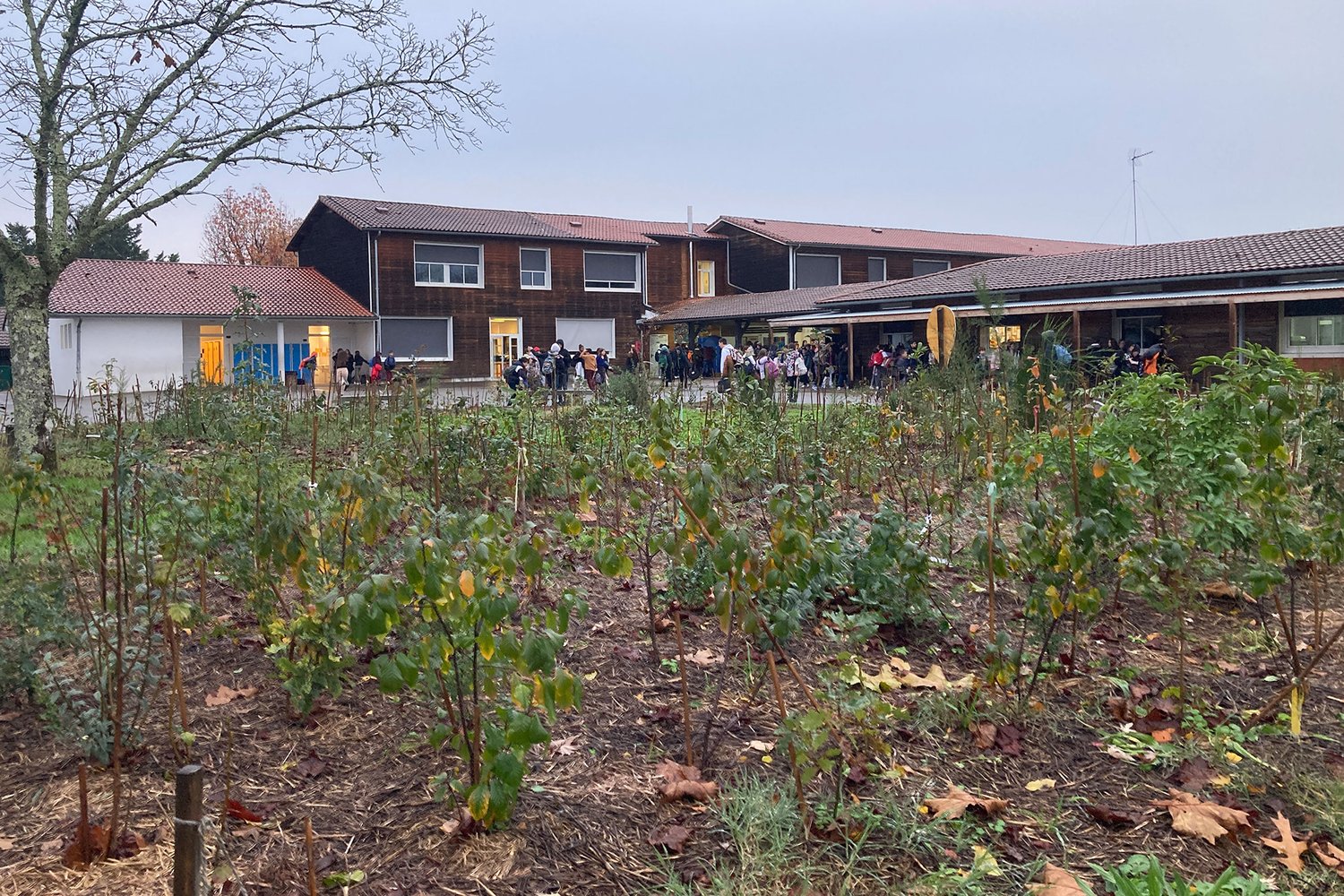
Forest Partner

“SUGi’s Forest Makers at MiniBigForest and the teachers of the Marie Curie college in Rion-des-Landes are partnering to create a natural dense forest. At the entrance to the college, this forest will link up with the adjacent primary school and provide shade and freshness, critical for the well-being of schoolchildren in this currently treeless environment.”
— Noëlie Courier, MiniBig Forest Maker
Forest Report: 11 Months
DATE: 07.11.2022
Survival Rate: 98%
Average of Tallest 3 Trees: 125cm
This forest is thriving at 1 year old - both in terms of its growth and its impact on the Rion des Landes College community. The pocket forest has an exceptional survival rate, particularly considering the summer heatwave and drought of this year. The forest was only watered twice during the summer months but it is clear that the thick mulch has helped the soil to retain adequate moisture. As such, this forest has a good growth rate too. The tallest species is currently the chestnut tree (Castanea sativa).
The alder buckthorn (Frangula alnus) has already produced its black fruit in the first year. Flat mushrooms are growing around one of the hazel trees (Corylus avellana), a sign of important initial fungal colonisation in the soil.
The children at the school have been involved in the maintenance of the forest and it is a source of great enrichment - both academic and pastoral - for them.
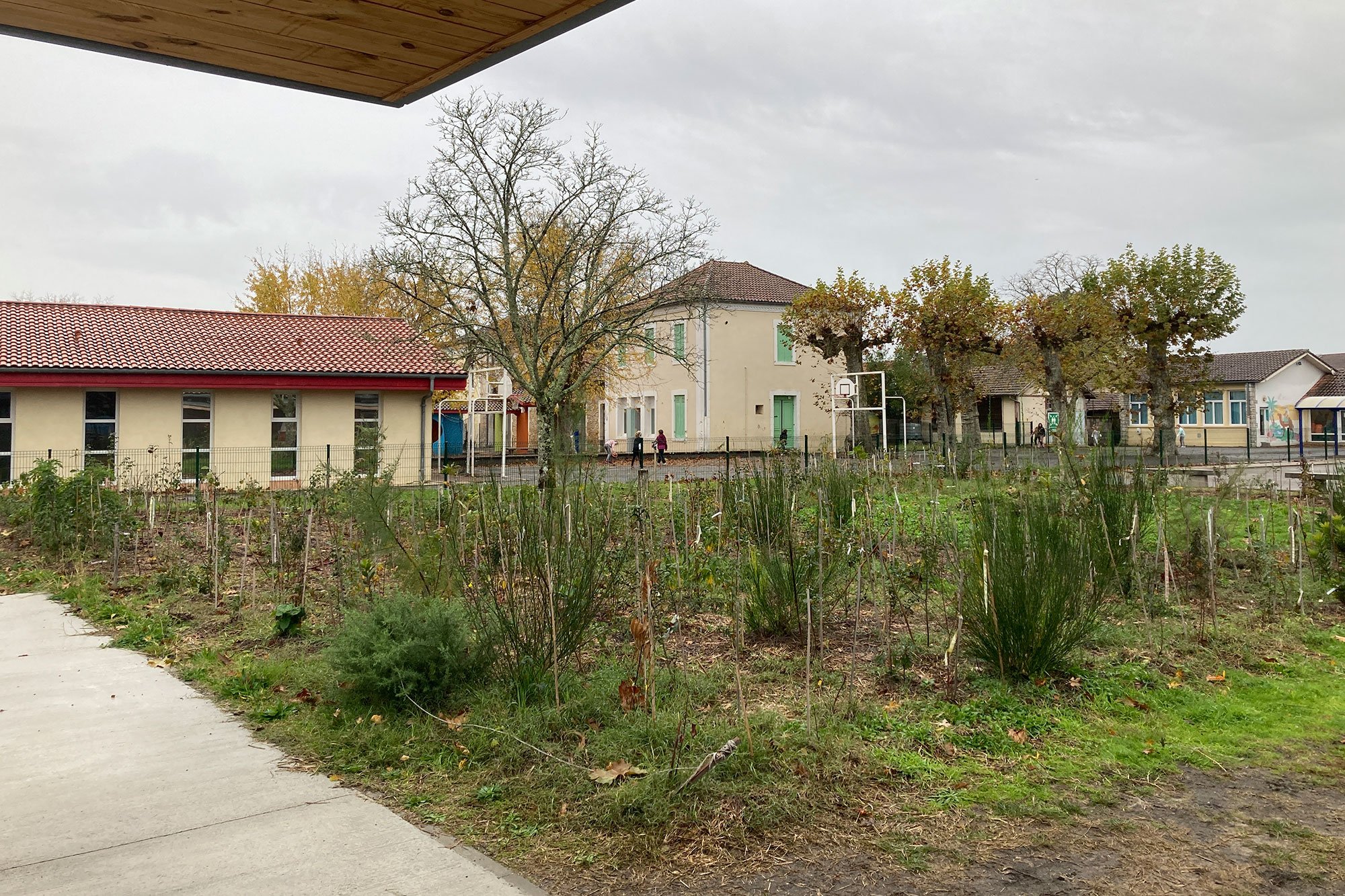
Biodiversity Notes:
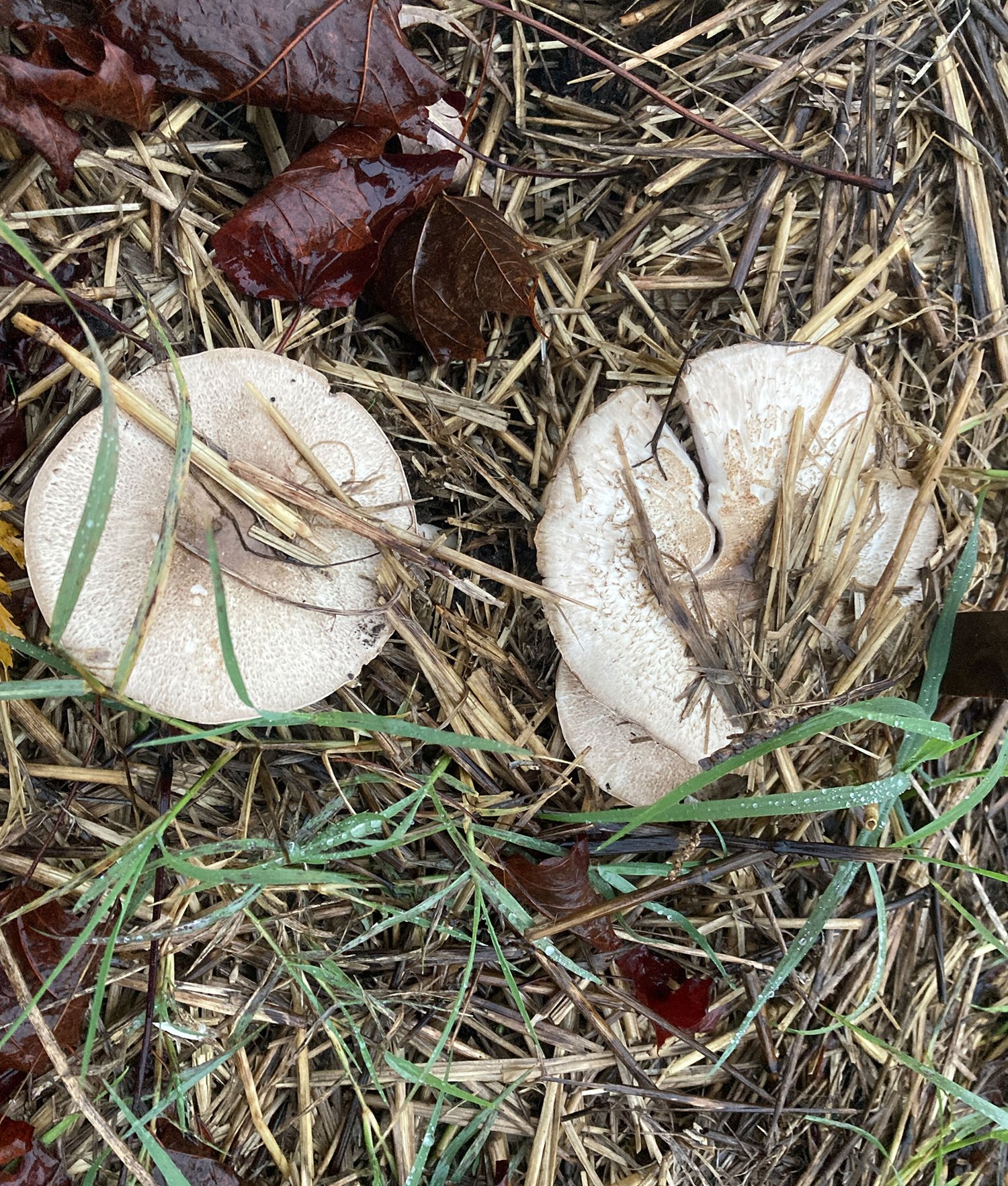
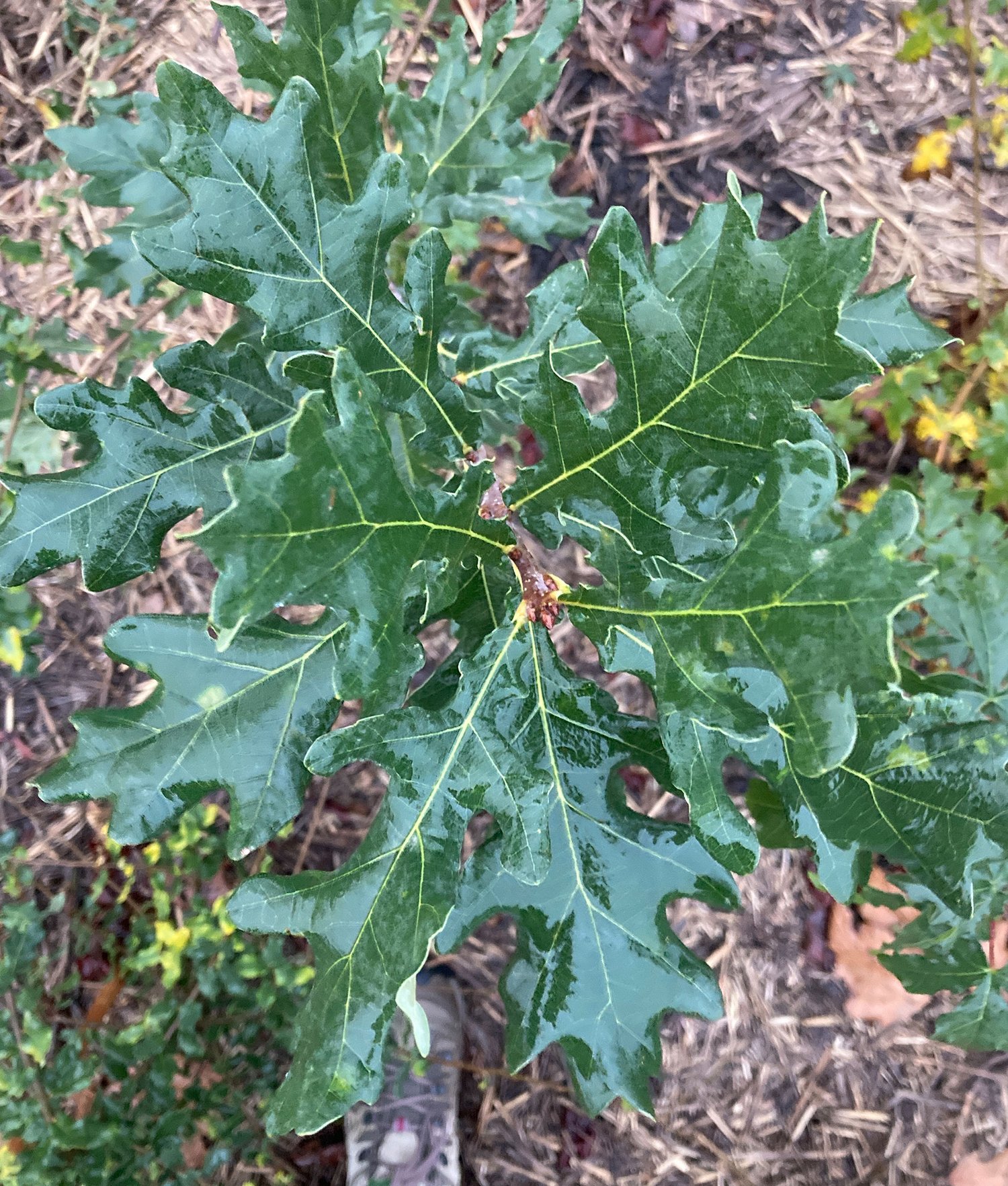
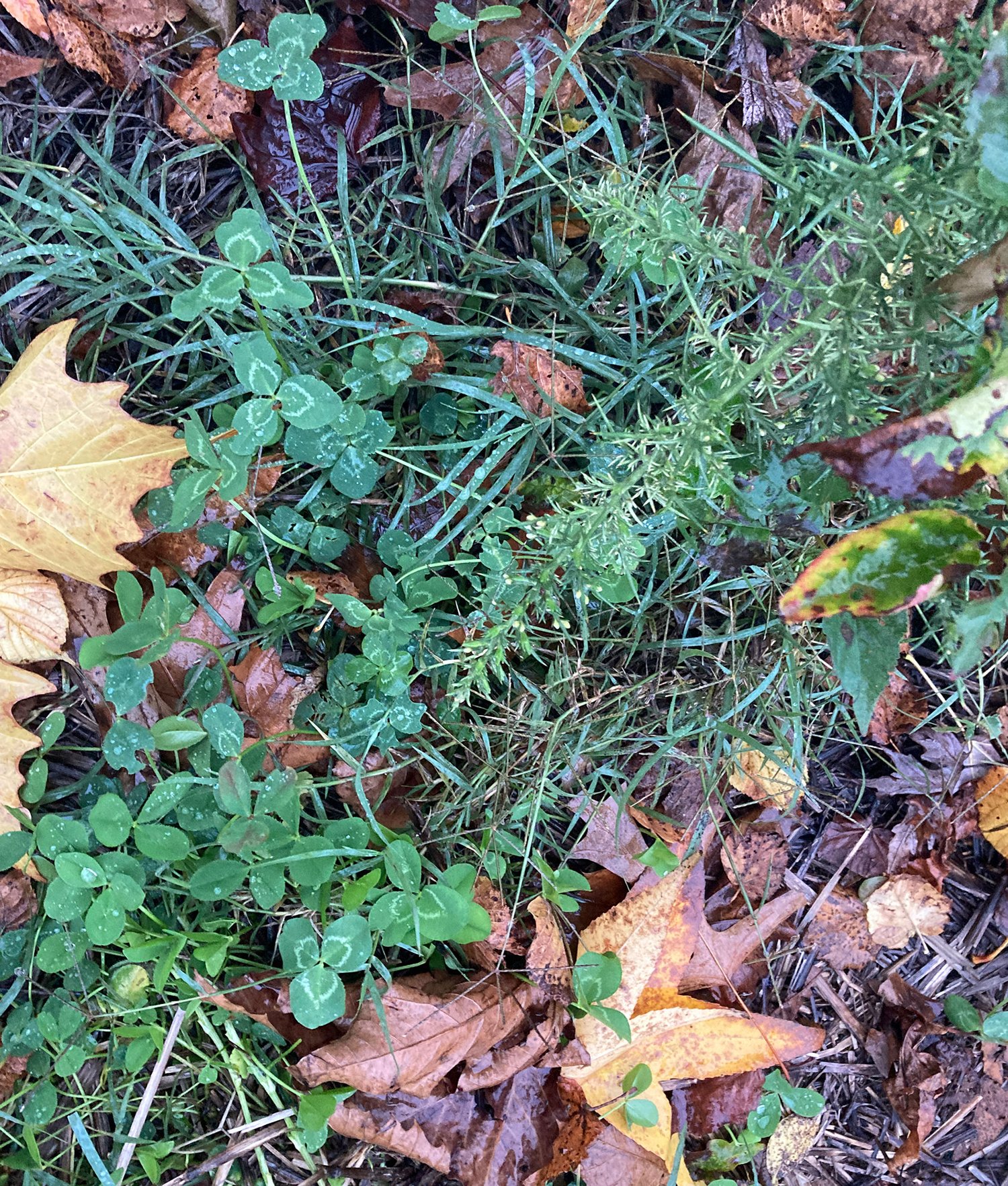
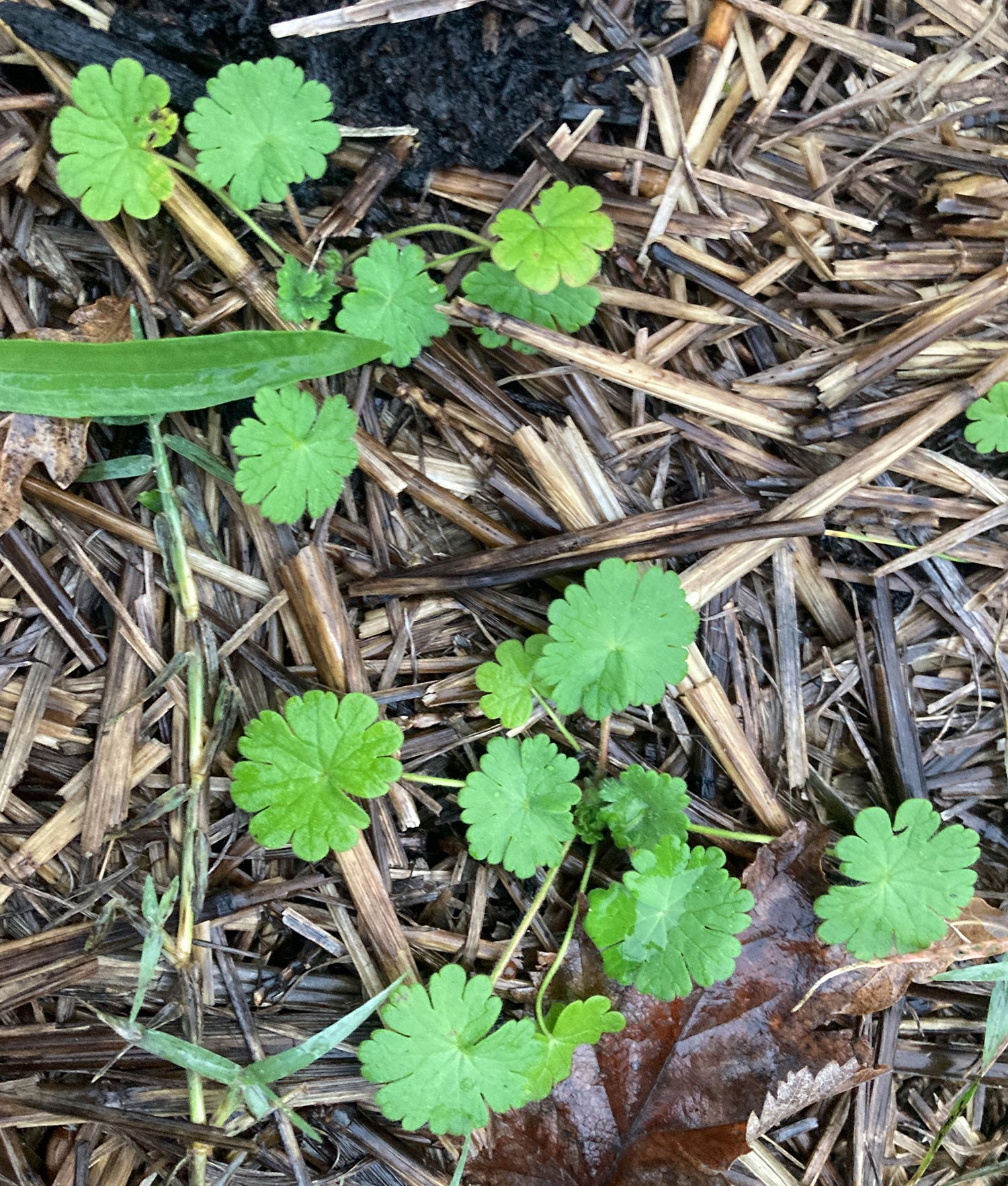
Forest Report: Planting
DATE: 07.12.2021
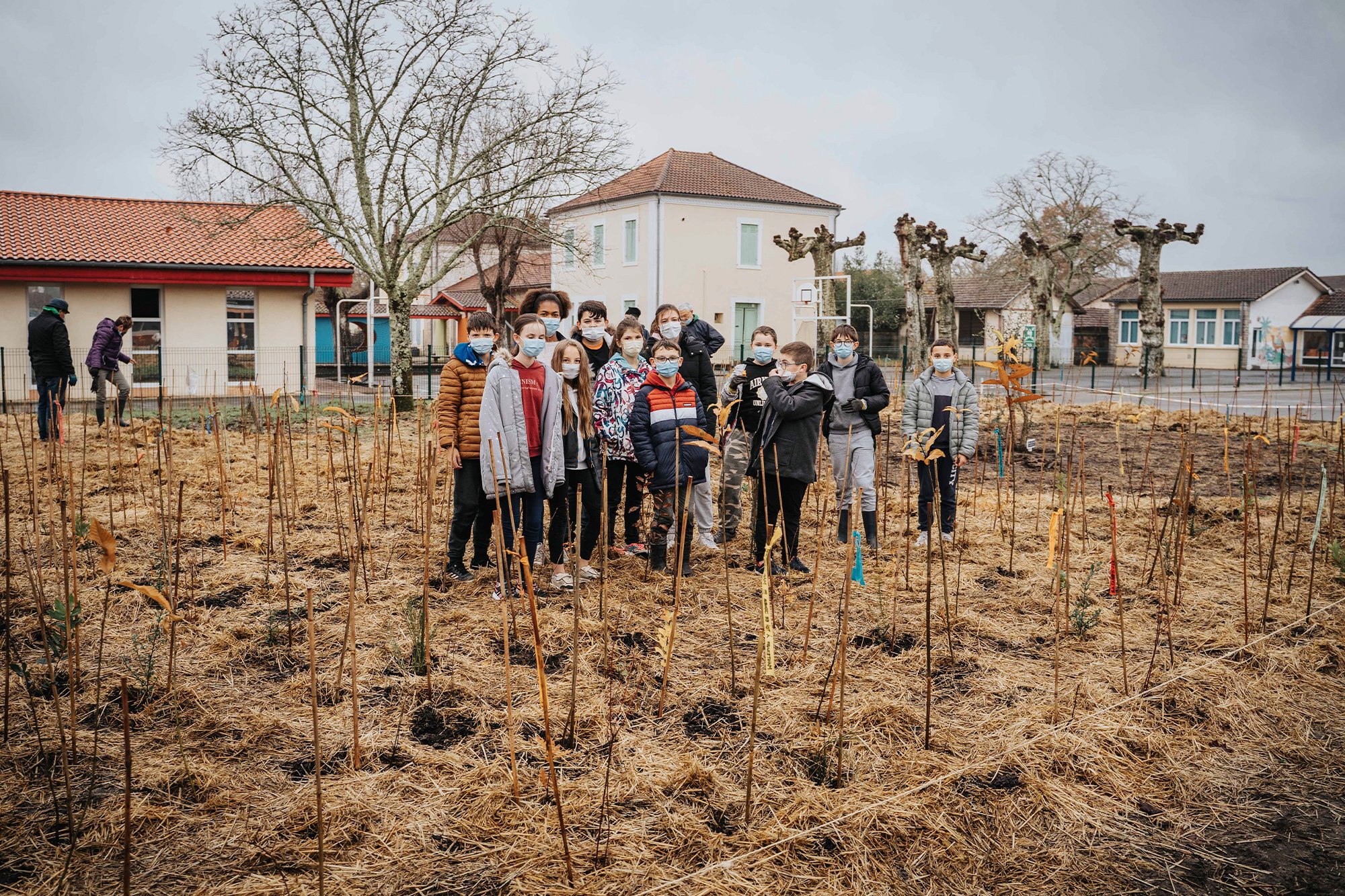
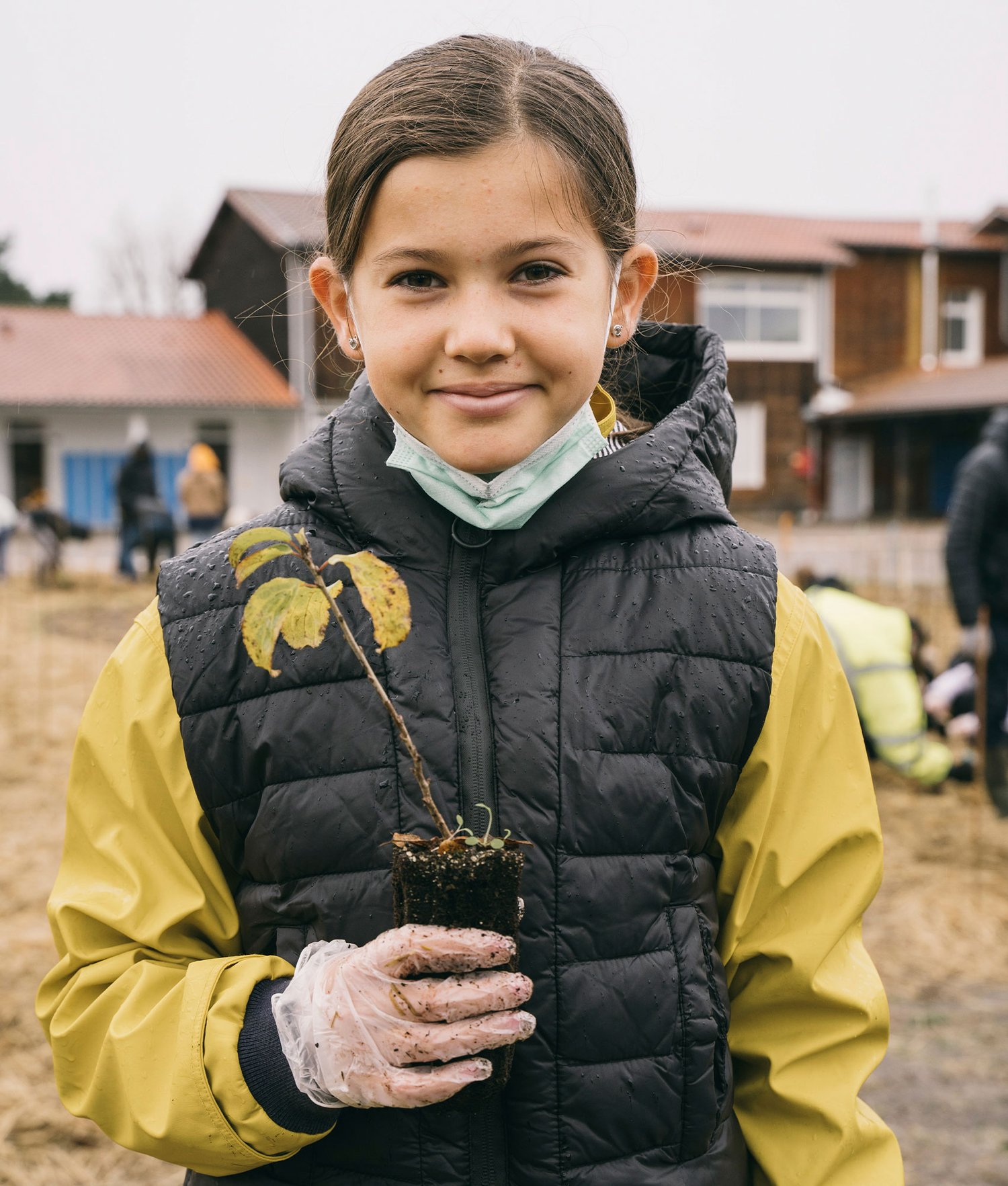
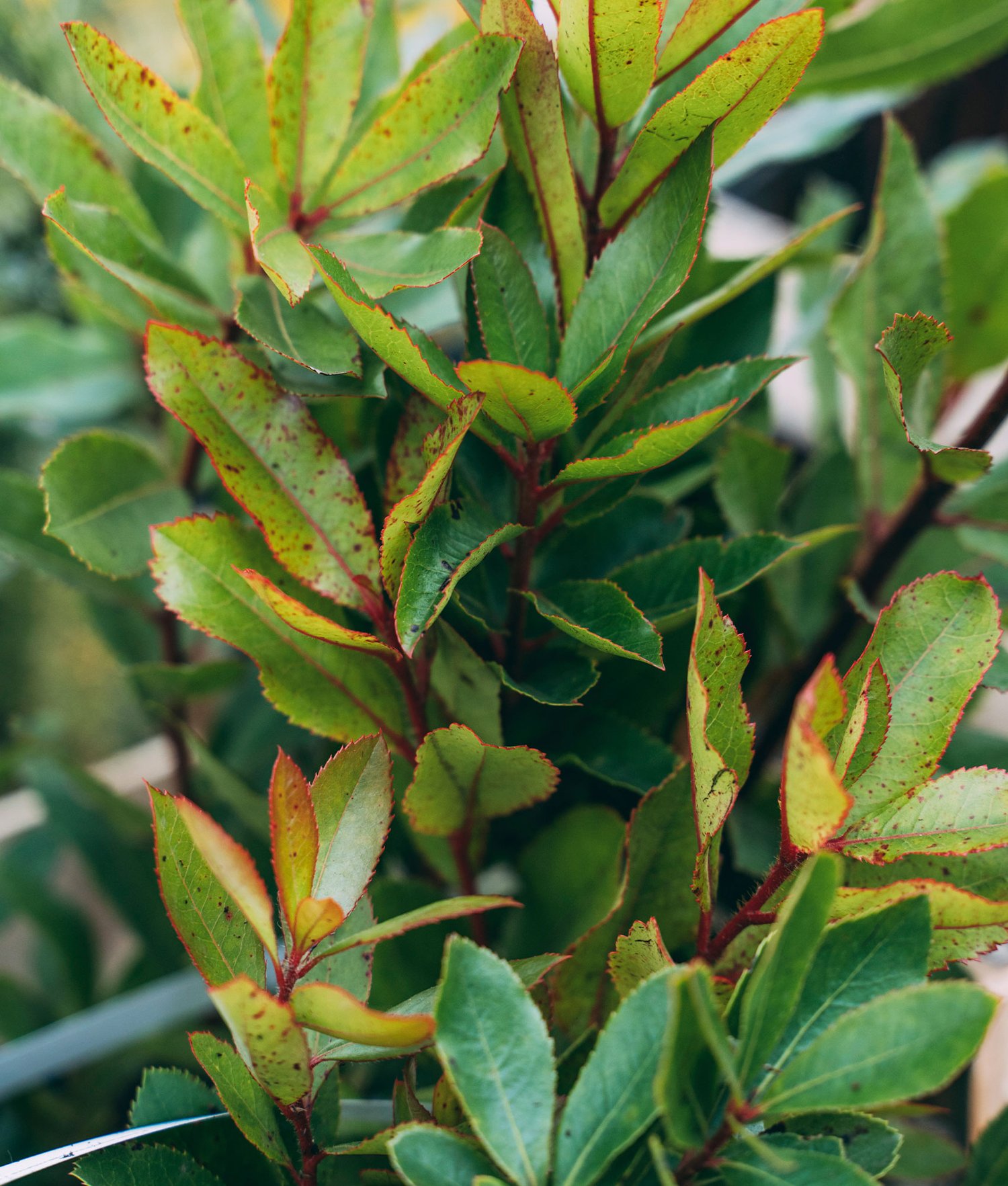
Discover more SUGi Projects

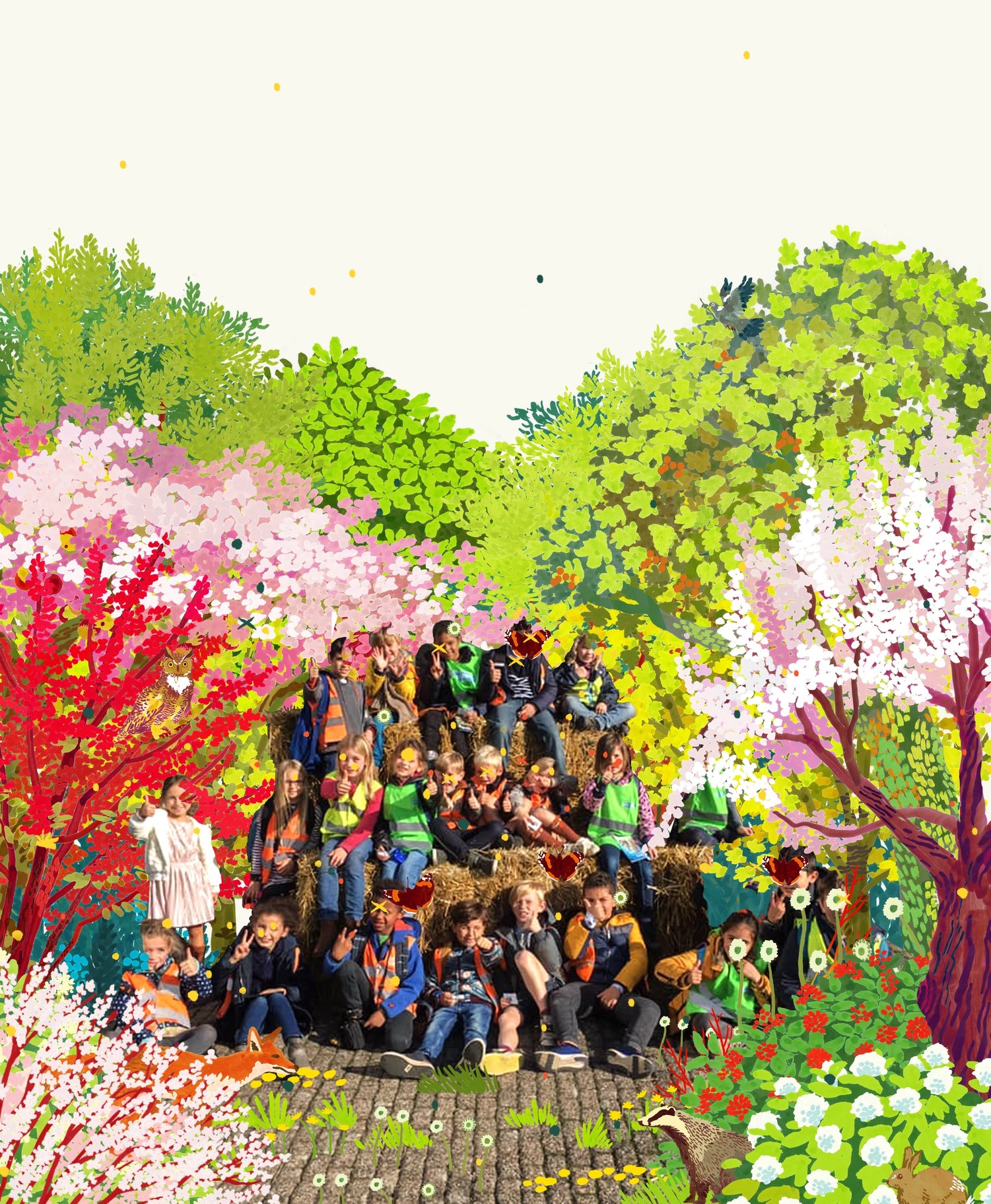
De Ark
A forest learning center in Sint-Niklaas


Langalibalele Forest
Cultivating a green oasis for community wellness and education.

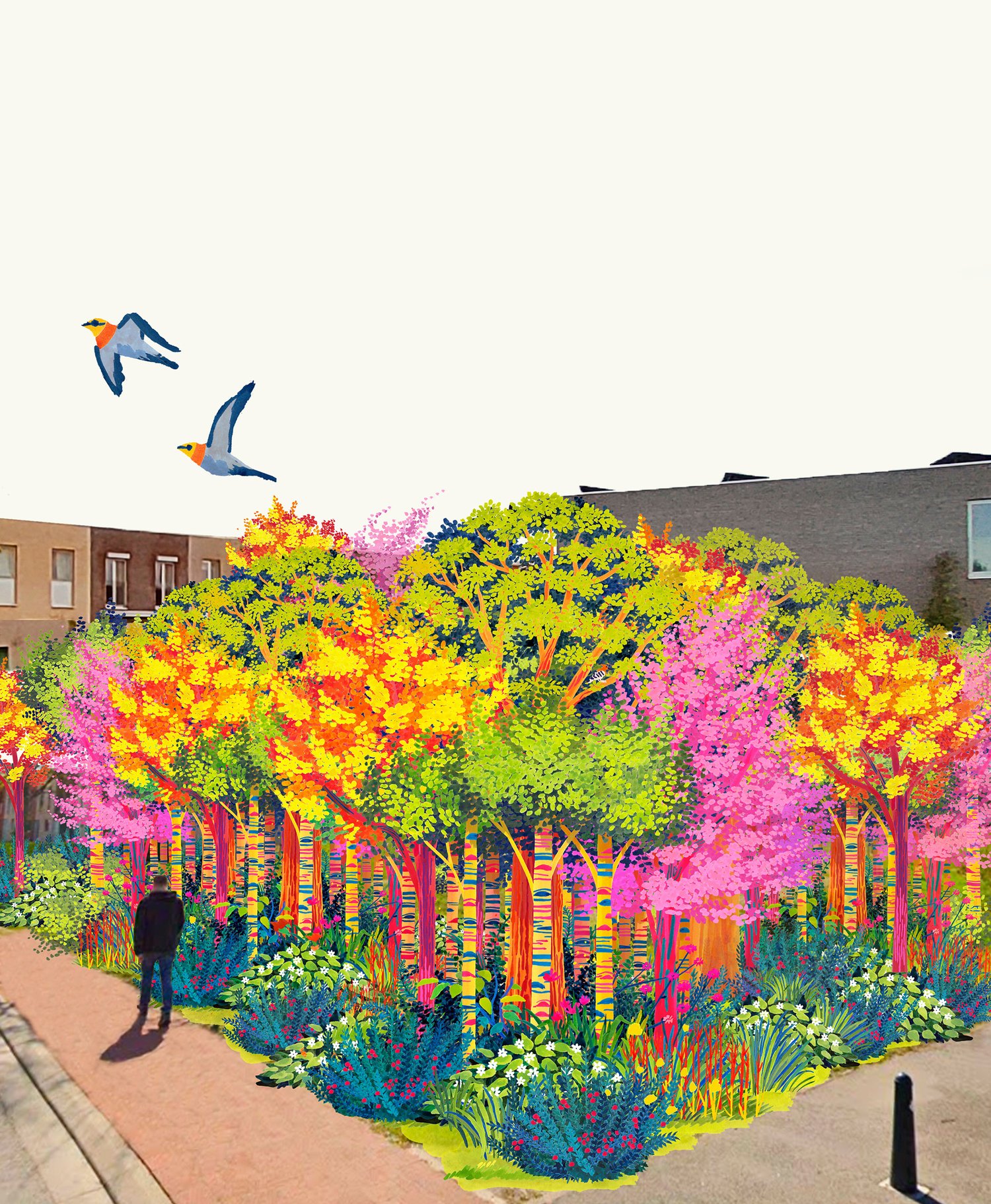
Papenhof Forest
Nature-based therapy at the heart of a city

